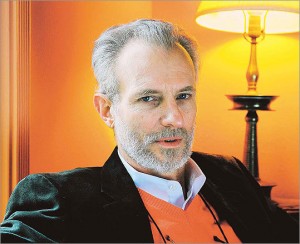Islam’s Beginnings
 The first followers of Christ didn’t consider themselves ’’Christians’’; they were Jews who believed that a fellow Jew named Jesus Christ was the long-awaited messiah. It took centuries for Christianity to evolve and solidify as a distinct faith with its own doctrine and institutions.
The first followers of Christ didn’t consider themselves ’’Christians’’; they were Jews who believed that a fellow Jew named Jesus Christ was the long-awaited messiah. It took centuries for Christianity to evolve and solidify as a distinct faith with its own doctrine and institutions.
In ’’Muhammad and the Believers: At the Origins of Islam,’’ University of Chicago historian Fred M. Donner wants to provide a similar back story for Islam — a religion which, in the popular imagination, sprang wholly formed from the seventh-century sands of Arabia. Mohammed preached at the juncture of the Roman and Sassanian empires, winning support from Christians, Jews, Zoroastrians, and various deist polytheists. According to Donner, Mohammed built a movement of devout spiritualists from many faiths who shared a few core beliefs: God was one, the end of the world was near, and the truly religious had to live exemplary lives rather than merely pay lip service to God’s laws. It was only a century after Mohammed founded his ’’community of believers” and launched the great Islamic conquest that his followers started to define their beliefs as a distinct religious faith.
Devout Muslims — who model their lives directly on the mores of the Prophet and his companions — will be surprised to read that Mohammed welcomed Christians and Jews into his monotheistic movement. In fact, Donner suggests, the entire narrative of Islamic conquest misinterprets the ecumenical nature of the early believers. Mohammed, it appears, didn’t require his followers to renounce their religion; early Islam, in this read, was more a revival of existing faiths than a conversion.

